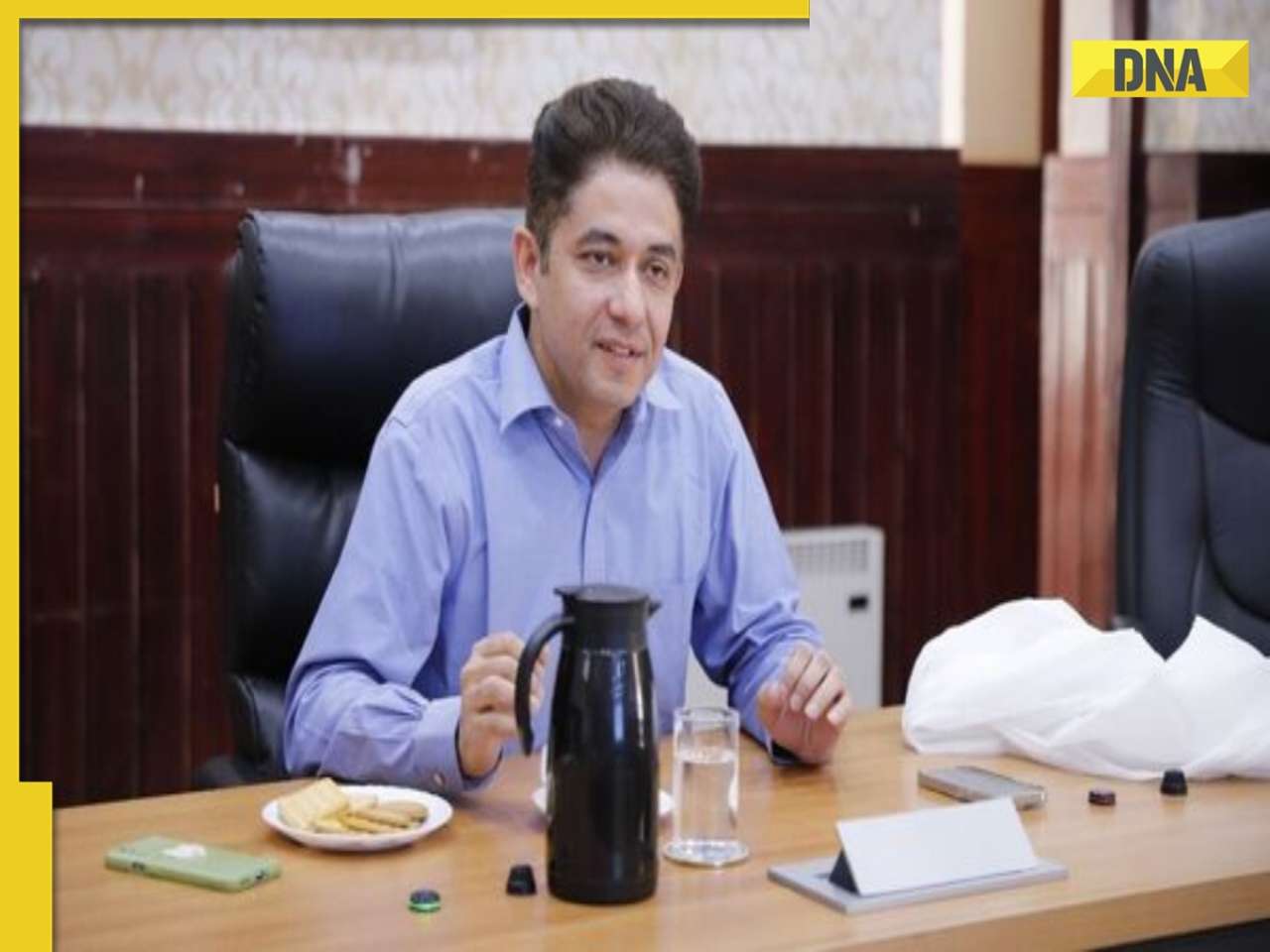- LATEST
- WEBSTORY
- TRENDING
HEALTH
Immunocompromised woman remains COVID-19 positive for 124 days, treated with breast milk
COVID-19 news: The breast milk was donated by a woman who had been vaccinated against the coronavirus.
TRENDING NOW
In a rare case of long Covid, a woman with a rare genetic disease that made her immunocompromised, remained positive for the virus for 124 days. The doctors finally treated her with hourly doses of breast milk. The unusual case came to the fore in Sao Paulo's University of Campinas.
The breast milk was donated by a woman who had been vaccinated against the coronavirus. She was given around 30 ml breast milk every three hours for a week to boost her immune system.
The milk improved her immune system and within a week she tested negative.
Paediatrician Maria Marluce dos Santos Vilela, a professor at UNICAMP's Medical School said she had been concerned about her testing COVID positive because of her immunocompromised status.
"The innate immunity error from which she suffers dysregulates her entire defence system. Her inflammatory response is defective, with few cells going to the site of the inflammation and low antibody production. Depending on their virulence, infectious agents can lead to two outcomes in such cases - chronic infection or death," she said in the study.
The patient lacked a certain antibody which is often present in breast milk. Her disorder is so rare that only 157 documented cases have ever been found.
The patient was treated at home to save her from bacterial infections.
In the first 15 days of the infection, the patient had fever, loss of appetite, coughing and asthenia (lack of energy, weakness), but to Vilela's surprise and relief, her lungs and other systems remained unaffected. After two months, her condition was the same, and the researchers decided to treat her with convalescent plasma.
When her condition remained unchanged, the doctors decided to feed her breast milk.
"We decided on a three-hour interval between doses, except at night, in order not to give the virus a chance to replicate," Vilela said.
With inputs from IANS







)
)
)
)
)
)
)
)
)
)
)
)
)
)
)
)




























































